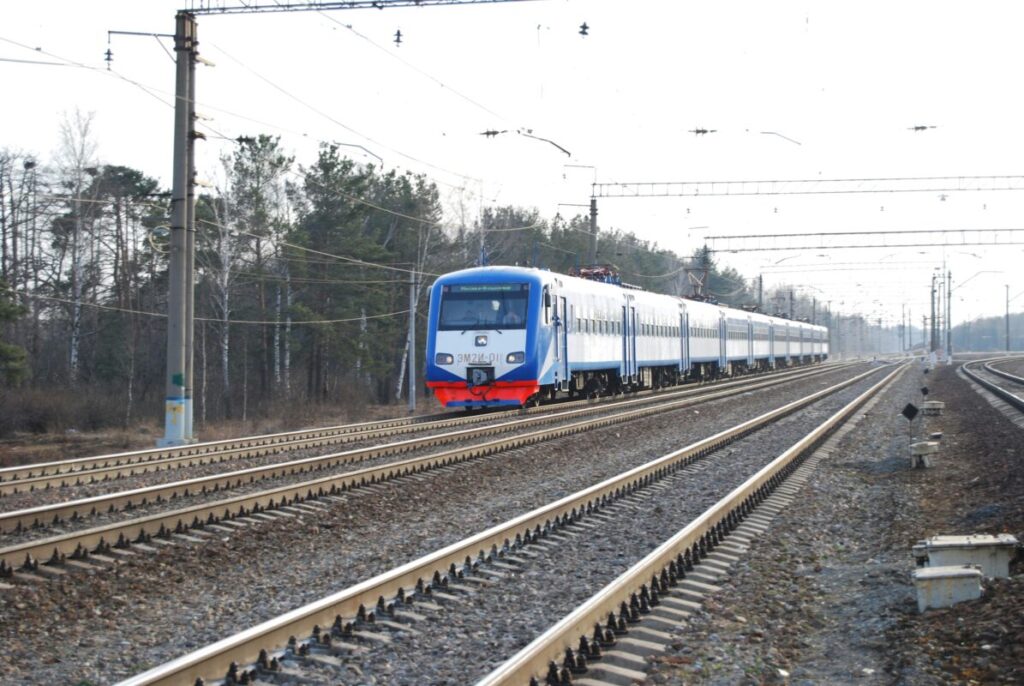Turntide Technologies has announced that it will supply Hitachi Rail with battery systems for a new series of electrified trains for the North East of England.
Turntide Technologies will supply Hitachi Rail with next-generation lithium phosphate (LFP) batteries, which are smaller and more powerful than the previous generation of lithium-ion batteries. This follows Hitachi Rail’s successful securing of a contract to build nine battery intercity trains for rail operator Arriva’s Grand Central and Angel Trains. These are set to be the first new battery trains manufactured in the UK.
Hitachi will now order almost £10 million of services and products from Turntide Technologies to allow the firm to supply LFP batteries and continue research and development into more powerful battery technologies.
Both Turntide Technologies and Hitachi Rail are based in the North East of England, with the former based in Gateshead and the latter having a factory located in Newton Aycliffe. Both companies have stated that they believe this partnership, as well as later opportunities that it may bring for retrofitting existing diesel trains to run on batteries, will bring significant benefits to manufacturing economies in the North East of England for decades to come.
Steve Hornyak, CEO of Turntide Technologies, said that the partnership is a “major win” for Turntide Technologies.
He added: “Our collaborative relationship with Hitachi Rail transitions from strength to strength and being selected for this milestone project reflects the quality and innovation of our electrification technology. As battery electric trains gain global momentum, we’re honoured to support a project that represents not just regional progress, but a broader shift toward sustainable transport across continents.”
Koji Agatsuma, chief technology officer for vehicles at Hitachi Rail, agreed, adding that the £10 million investment demonstrates the firm’s commitment to battery innovation in the North East. Agatsuma added: “Battery trains aren’t just about delivering greener, quieter journeys—they also create a new advanced manufacturing opportunity and unlock energy optimisation through vehicle-to-grid technology.”
Hitachi has recently made other efforts to decarbonise the UK’s major infrastructure. In April, the company announced that it had signed a memorandum of understanding (MOU) with SP Energy Networks to provide lowered carbon switchgear technology free of sulphur hexafluoride (SF6) in order to prevent the release of this chemical, which has a global warming potential that is 24,300 times greater than carbon dioxide, into the atmosphere.






